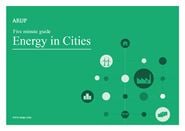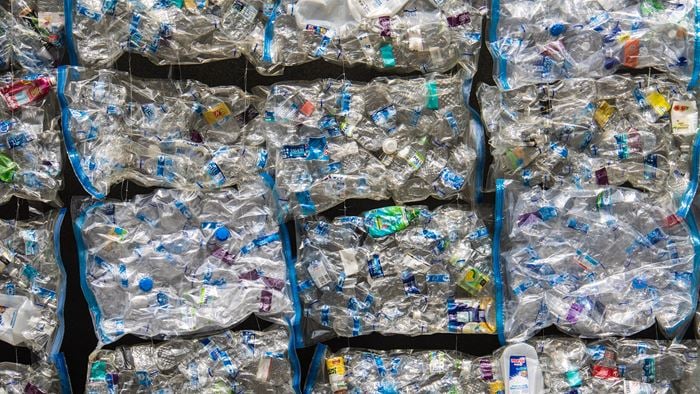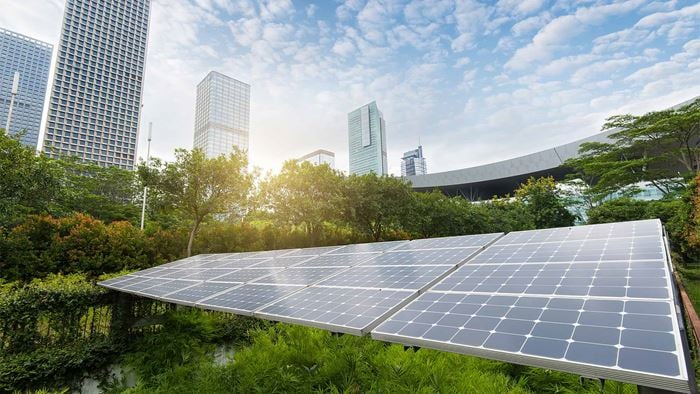Transitioning to lower-carbon energy sources is underway
It's no secret that the world needs to wean itself off fossil fuels, particularly coal, and move to a lower-carbon approach to energy that embraces renewables.
Today, fossil fuels account for 70% of global greenhouse gas emissions, which must be cut dramatically to halt climate change. Yet growing populations, increasing affluence, and urbanisation are demanding more and more energy. Securing this energy will require a staggering US$50tn investment, across the energy markets of power, heat and transport between now and 2050.
Together, the three daunting challenges of security, affordability and sustainability are known as the Energy Trilemma.
Tackling the Energy Trilemma
The Energy Trilemma challenges governments, cities and organisations alike. It demands solutions that can tackle all three problems – security, affordability and sustainability – together. If you solve just one dimension of the trilemma in isolation you’re likely to make the others worse.
“The trilemma means that policy should never focus on one single aspect. You have to look at the three challenges in a balanced way. ” Christoph Frei Secretary General of the World Energy Council
Lower-carbon energy solutions such as wind, solar, geothermal, hydro, marine and nuclear power, zero net energy schemes, microgrids, and district heating all have a part to play in addressing the Energy Trilemma. In the video below, our experts discuss the challenges of devising energy systems that meet demand in more sustainable ways.
Five minute guide to the Energy Trilemma
As the world population continues to rapidly increase whilst becoming more urbanised and more affluent, demand for power, heat and transport is growing with it. Global energy demand is expected to increase just as fast and potentially double by 2050.
Download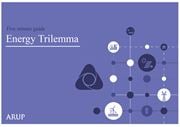
Taking responsibility
Cutting demand through energy efficiency is a vital part of tackling the trilemma, as the low-carbon routemap we created for the UK Green Construction Board demonstrates. It shows that cutting greenhouse gas emissions by 80% by 2050 will only be possible if, along with more renewable energy, organisations take responsibility for making the built environment more energy-efficient.
One organisation that’s committed to making itself more efficient and cutting costs in the process is the InterContinental Hotels Group. It’s rolled out the Green Engage online sustainability tool we created to 4,700 hotels around the world. The tool is helping to cut energy consumption and has tracked US$73m savings in energy costs since its inception.
Becoming more sustainable
Cities around the world are also grappling with the Energy Trilemma as they look to become more sustainable. As part of the COP21 climate negotiations, we are releasing the latest report in our Climate Action in Megacities series showing what the mayors of the C40 megacities are doing to tackle climate change.
One city leading the way is London, which is showing how district heating can provide affordable lower-carbon heat to thousands of homes. The London Thames Gateway Heat Network has the potential to supply over 100,000 homes with lower-carbon heat.
District heating is a good solution for high density urban environments which can progressively move to lower carbon generation, but different situations demand their own responses. We’ve undertaken a broad range of lower-carbon energy projects in response to challenges around the world.
Securing a lower-carbon future
Grappling with the Energy Trilemma on a national scale is perhaps the biggest challenge. For South Africa, energy security is a major driver as blackouts threaten its economic growth. Our renewable energy centre of excellence there is helping to secure a reliable and sustainable alternative to the ageing coal generation the country has relied on until now.
Three new renewables projects on which we’ve advised are typical: the 75MW Kalkbult photovoltaic (PV) plant, the 73.8MW Nobelsfontein wind farm and the Rosherville research facility. The first of its kind in Africa, Rosherville will test nine different configurations of PV panels to inform future installations.
One step at a time
Moving away from the worldwide legacy of fossil fuels is no small challenge. It will take time. Technology such as microgrids will ease the transition. But ultimately renewables will play a major part in everyone’s future. And in many countries around the world, that future is closer than you might think.
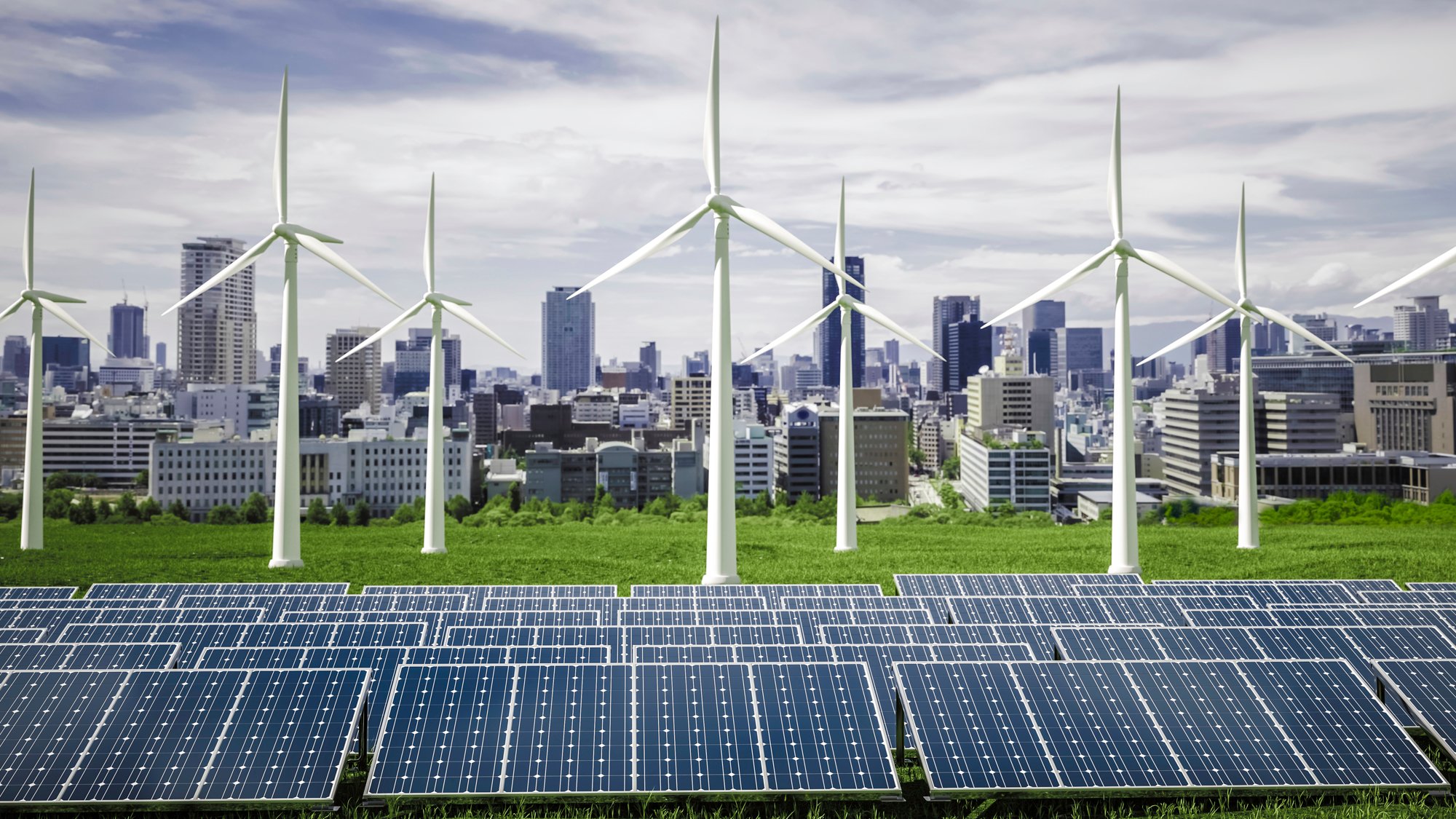 ;
;








